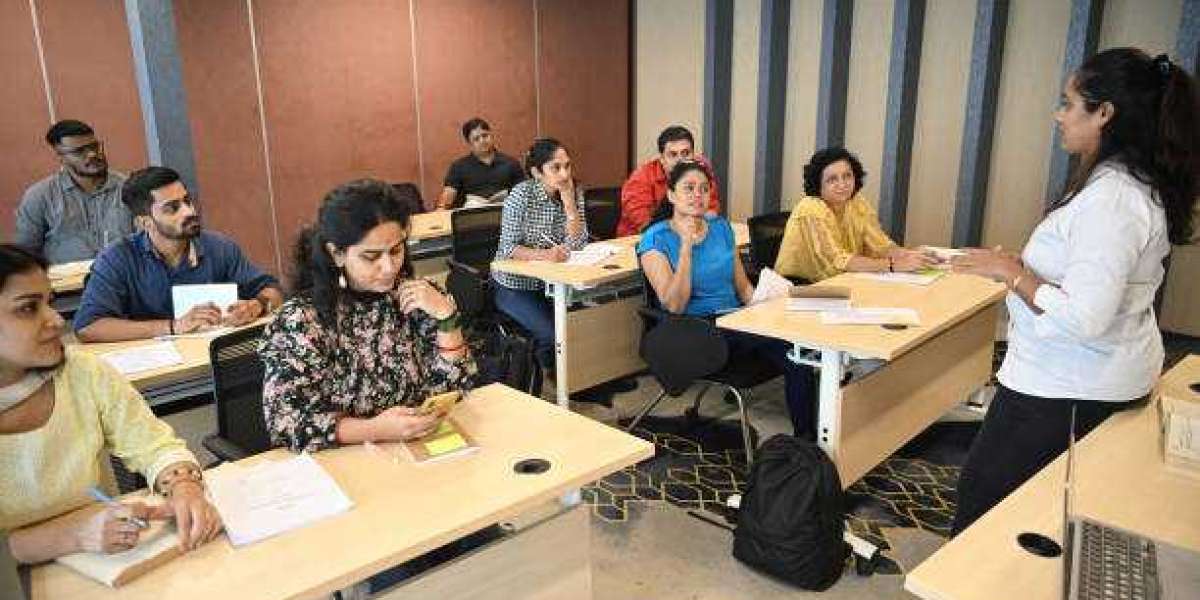Finding the right in-person tutor is a crucial step in ensuring that you achieve your learning goals. Whether you're struggling with a specific subject, want to improve your skills, or learn something entirely new, having a personal tutor can make all the difference. The key to success lies in choosing a tutor who fits your learning style and provides the right support for your individual needs. In this article, we’ll explore important tips to help you find the ideal in-person tutor for your educational journey.
1. Assess Your Learning Needs
Before you begin your search for an in-person tutor, it's essential to assess what you want to achieve from tutoring sessions. Are you struggling with a particular subject, looking to refine a specific skill, or seeking expert advice on a new area of interest? Understanding your own goals will allow you to find a tutor who is not only knowledgeable but also capable of teaching to your learning style. Whether you need help with academic subjects like math, science, and literature or wish to develop personal and professional skills, knowing your needs will guide your decision.
2. Research Qualifications and Experience
Not all tutors are the same, and their qualifications and experience matter. When searching for an in-person tutor, review their academic background, expertise in the subject area, and teaching experience. A tutor with relevant qualifications or experience in the field will be able to break down complex concepts and offer tailored guidance to suit your needs. Be sure to ask about their teaching methods and whether they have experience working with students who have similar learning needs to yours. A tutor’s experience can greatly influence the quality of the sessions, so do your research before making a decision.
3. Consider Compatibility and Communication Style
An effective in-person tutoring relationship relies on clear communication and mutual respect. It’s essential to consider whether a tutor’s teaching style aligns with your learning preferences. Some students thrive in a structured, formal environment, while others may need a more relaxed, conversational approach. Before committing to regular sessions, try to meet with the tutor in person to discuss your goals and observe how they communicate. This will give you a sense of whether they are approachable, patient, and able to explain concepts in ways that are easy to understand. Compatibility with your tutor can make learning more enjoyable and productive.
4. Set Expectations and Track Progress
Once you’ve found the right in-person tutor, it’s important to set clear expectations about the tutoring arrangement. This includes discussing session frequency, duration, location, and any required materials. Additionally, establish a system for tracking your progress over time. Effective tutoring is not just about the one-on-one sessions but also about ensuring that you're making measurable improvements toward your goals. Regularly check in with your tutor to evaluate your progress and adjust the plan if needed. Setting realistic expectations and tracking your growth will help you stay on track and maximize the benefits of tutoring.
Conclusion
In-person tutoring can be an invaluable resource for anyone looking to enhance their learning experience. By carefully assessing your needs, researching the tutor’s qualifications, considering communication styles, and tracking progress, you can ensure that you find a tutor who best fits your goals. A successful tutor-student relationship can provide the support and guidance you need to succeed in both academic and non-academic pursuits, fostering continuous growth and learning.











